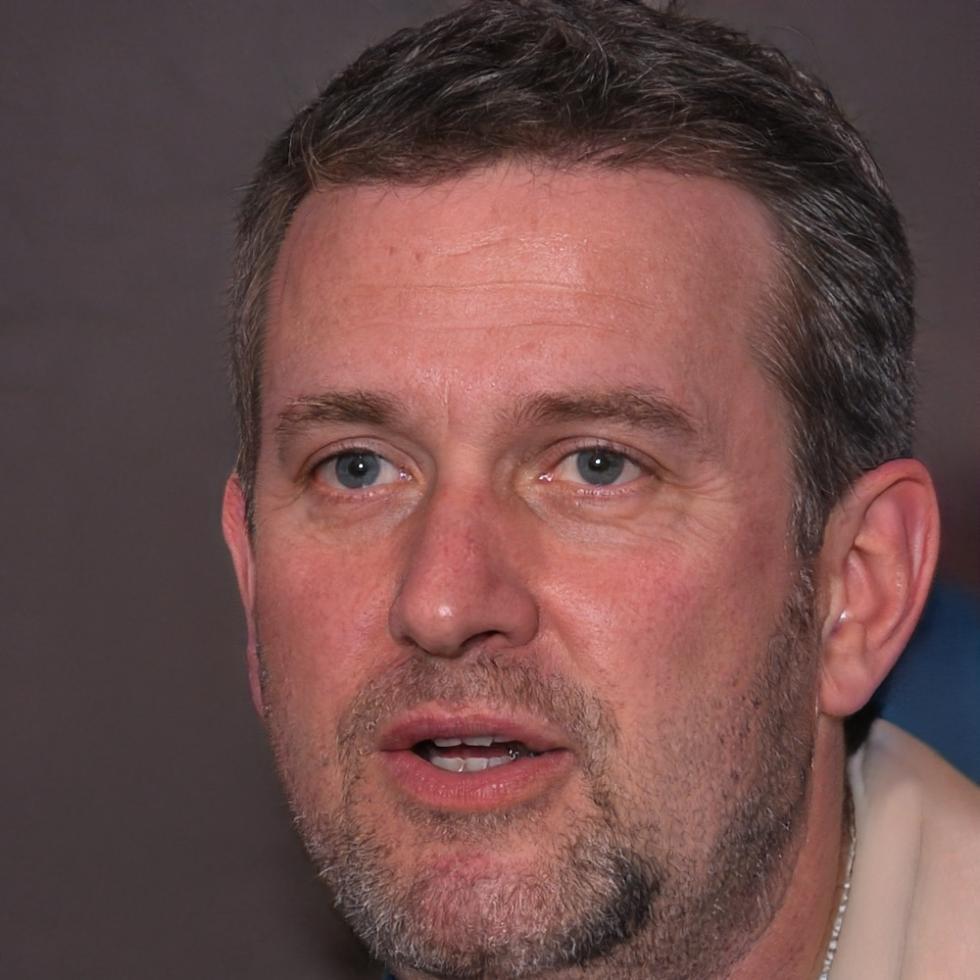Manufacturing company, 180 employees
Their quarterly budget reviews took 3 hours and ended with more questions than answers. Production managers didn't understand why certain equipment requests got denied. Finance couldn't get operations to explain actual needs versus wishlist items.
We taught both sides a shared framework for discussing capital expenses—not just numbers, but the operational impact and trade-offs. By September 2024, their reviews took 90 minutes. More importantly, department heads started having budget conversations throughout the quarter instead of saving everything for review meetings.
"Now when production asks for something, they explain it in terms finance understands. And finance explains constraints in terms that make sense to operations. Seems obvious, but it wasn't happening before." — Operations Director





